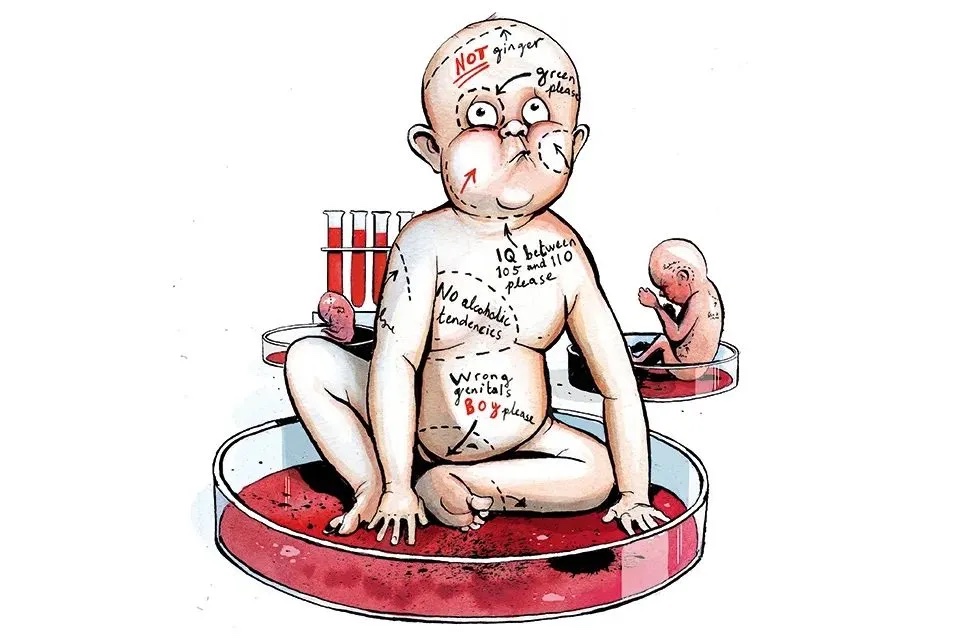One of the few benefits to emerge from this pandemic is that the world’s population has been given a crash course in complexity. If nothing else, many people may have learned why it makes sense to plot infection rates on a logarithmic scale, and a few may even have learned to use the word ‘exponentially’ in its true sense, rather than as a synonym for ‘a lot’.
I hope this proves an enduring lesson. Because, in truth, very little in life can be understood properly without first understanding such concepts, since barely anything involving humanity changes in a linear way.
The reason change may happen slowly, then fast, then more slowly — before sometimes reversing — is because the adoption of new ideas and behaviors spreads much like a virus: by contagion. You will see similar ‘sigmoid’ patterns in everything from drink-driving behavior, to attitudes to homosexuality, to the use of new technology.
Behavior is contagious because we catch it from other people. Much of what we do results from unconscious mimicry of others around us. As in virology, people’s susceptibility varies. If you do not own a microwave now, it is unlikely that you will ever buy one — you are effectively immune. Sometimes, too, a behavior spreads rapidly at first, but dies off equally fast — as with leg–warmers, deely-bobbers and wine boxes. The spread of certain ideas may also remain confined to particular environments: outlandish strains of identity politics thrive in the hothouse setting of a university but fail to make the leap to everyday pub conversation. Just as the Spanish flu of 1918 would have been far less devastating without the mass movement caused by the end of World War One, it is possible that video-conferencing and flexible working would not have become popular for another 20 years without the peculiar conditions created by COVID-19.
One reason it is useful to use virology as a model for behavioral adoption is that it teaches us that good ideas don’t always naturally become adopted any more than bad ideas immediately die out. (Wine boxes were an excellent idea.) What matters is often not their value but their transmissibility.
So it has been obvious for a number of years that new forms of technology could allow many of us to work in dramatically different and better ways — yet outside a few clusters and experimental settings the remote-working virus has never taken hold. People continued cramming on to crowded trains to get to the office at 9 a.m., only to spend the first two hours of the day reading emails on a screen which would have looked exactly the same had they been at home — or at the beach.
Perhaps presenteeism — the ‘cowpox’ to flexible working’s ‘smallpox’ — is even more contagious than remote working. In fact the transmissibility of remote working is very low. All it takes is one boss who is obsessed with seeing people at their desks, or two competing saddo colleagues who make a big show of turning up in the office early, and your workplace’s R(0) falls to zero. It is doomed to extinction. The stigma of ‘working from home’, often said with audible inverted commas, is too much of a career risk so long as you are part of a minority group. It took a period of enforced simultaneous adoption to get us to a new equilibrium.
Yet COVID-19 has taught us the value of something we never noticed before. There isn’t only a value to freedom of time. There is also immense value to freedom of place. Perhaps the flexible-working bug won’t go away any time soon.
Rory Sutherland is vice-chairman of Ogilvy UK. This article was originally published in
The Spectator’s UK magazine. Subscribe to the US edition here.

























